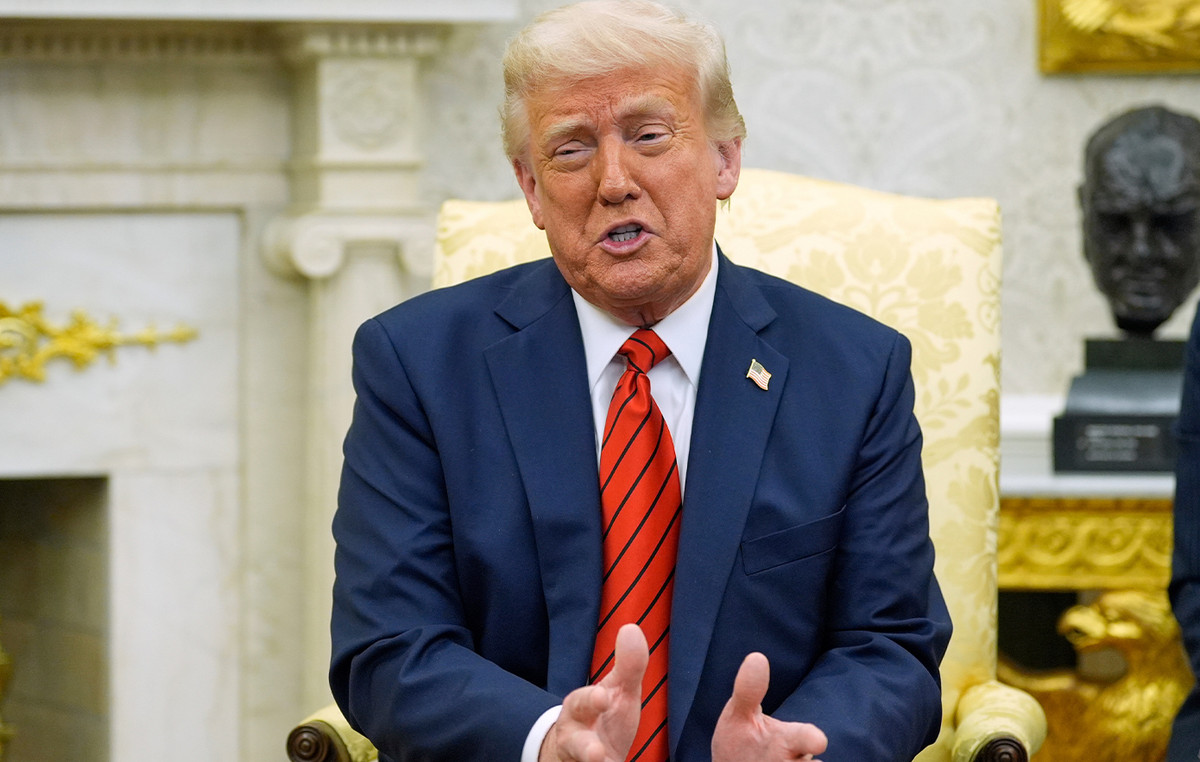By Bobby Ghosh
It is tempting to watch the recent diplomatic maneuvers of Turkish President Recep Tayyip Erdogan, a return to the famous foreign policy doctrine of “Zero Problems with Neighbors” in the late 2000s, when Ankara embarked on ambitious the wider Middle East.
Having spent most of the last decade burning bridges across the region, Erdogan now seems willing to repair the damage.
The problem
But one problem remains: Erdogan himself. The Turkish head of state’s preference for inflammatory rhetorical attacks remains unchanged and, when he faces political difficulties at home, he tends to launch his inflammatory rhetoric against his friends in Turkey, near and far.
For example, he has likened Israel to Nazi Germany (Russian Foreign Minister Sergei Lavrov may have taken notes), accused the United Arab Emirates of destabilizing the Middle East, and said he would never speak to the Egyptian leader, the Egyptian general. Fatah El Sisi.
If Erdogan is now compromising, it is not because he has seen the wrong way, but because the country’s economic woes – many of those creations of his own politics – require him to seek help where he can find it.
It also means that it can easily make another style and policy shift if it becomes politically expedient. Even with foreign aid, Turkey’s economic fortunes are unlikely to improve dramatically before the early summer 2023 presidential election, and Erdogan may find himself in need of lighting rhetorical “fires” to divert attention from a disgruntled election campaign. body.
Reconciliation
Erdogan’s visit to Saudi Arabia late last month culminated in a series of reconciliation gestures, including a trip to the United Arab Emirates and rapprochement with Egypt, Israel and Armenia. This “atonement program” is not limited to the periphery of Turkey: the Turkish leader is taking similar steps even towards Emanuel Macron, while some time ago he questioned the mental and mental health of the French president.
Some of these gestures were accompanied by Turkish concessions on controversial issues. Ankara has reportedly assured Egypt, Saudi Arabia and the United Arab Emirates that it will reduce its support for the Muslim Brotherhood, an Islamist organization considered a threat by the ruling elites in Cairo, Riyadh and Abu Dhabi.
Turkish Brotherhood television channels were called in last year to end their criticism of the Egyptian government, and following Erdogan’s visit to Abu Dhabi, speculation has grown that the Turkish president would encourage Islamists to restrict his activities in the country.
Low tones
Erdogan had an additional offer for Saudi Crown Prince Mohammed bin Salman: on the eve of his visit to Riyadh, Turkey ended the trial for the murder of Washington Post columnist Jamal Kasogi in 2018 and transferred Arabia.
The assassination took place at the consulate of the Arab kingdom in Istanbul, and the Turkish president helped spark an international outcry against the de facto ruler of Saudi Arabia, while seizing the opportunity to increase his own stature in the Middle East. A later investigation by the US Secret Service concluded that the prince had in fact ordered the assassination of Kasogi, which he strongly denied.
The Turkish president does not have a corresponding gift for Israel, but the government of Prime Minister Naftali Bennett is still grateful for the relative caution with which Erdogan dealt with the recent clashes between Israeli police and Palestinians at the Al-Aqsa Mosque in Jerusalem. Compared to his thunderous allegations about Israel’s actions in recent years, his criticism last month was mild. Erdogan told Israeli President Isaac Herzog that he felt “very upset” when Palestinians were killed or wounded.
Herzog has established a remarkable relationship with the Turkish leader and paid a landmark visit to Ankara in March, which Erdogan described as a “turning point in relations” between the two countries. Earlier this week, Erdogan wrote to his counterpart on the occasion of Israel’s Independence Day, and Herzog responded by phone with Eid greetings.
“Crossed fingers”
Most importantly, improved ties have already paid off: Turkish exports to Israel are on the rise, and Israeli tourists want to make the most of the “thaw” in bilateral relations. This would be good news for the Turkish economy, as well as investments by the Emirates and Saudi Arabia, for which there have been commitments in the wake of Erdogan’s visits. The forthcoming appointment of a Turkish ambassador to Cairo, after a nine-year severance of diplomatic relations, would also be good for Turkey’s trade with the most populous Arab nation.
But can Turkey maintain these improved relations? The architect of the old “Zero Problems” policy, then Foreign Minister (and later Prime Minister) Ahmet Davutoglu, has long since broken with Erdogan and is now in opposition. Incumbent Foreign Minister Mevlüt Çavuşoλουlu has neither the international stature of his predecessor nor his power within Ankara’s ruling elite. He will just keep his fingers crossed so that his boss does not take the “flamethrower” out of his case again.
Source: Bloomberg
I’m Ava Paul, an experienced news website author with a special focus on the entertainment section. Over the past five years, I have worked in various positions of media and communication at World Stock Market. My experience has given me extensive knowledge in writing, editing, researching and reporting on stories related to the entertainment industry.





